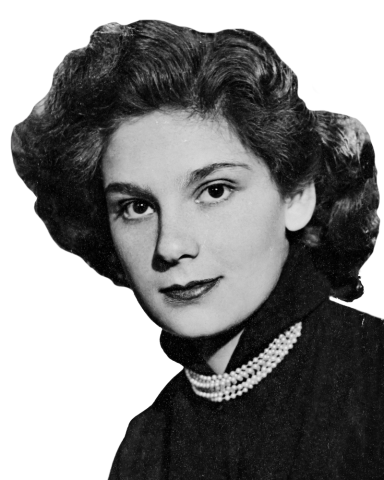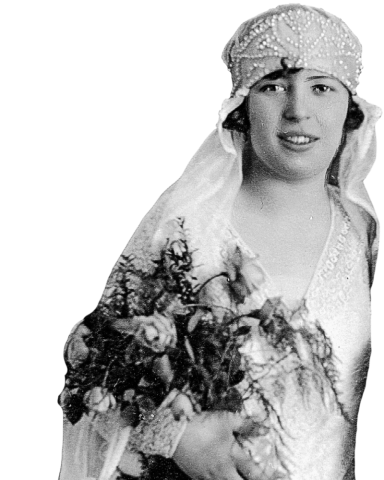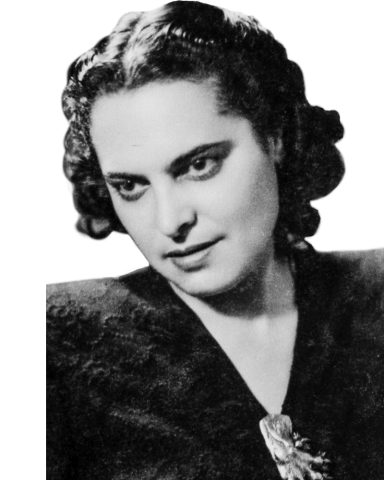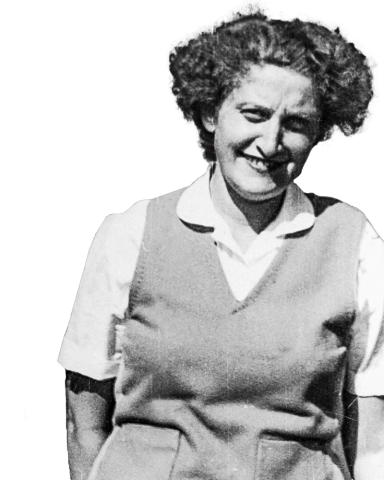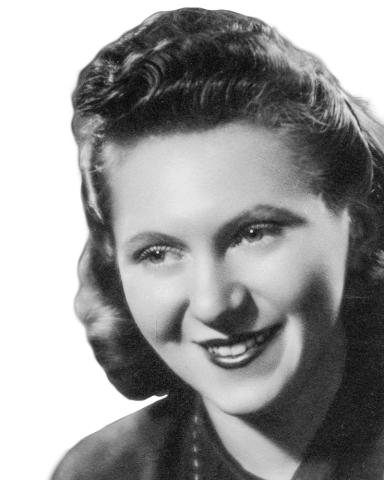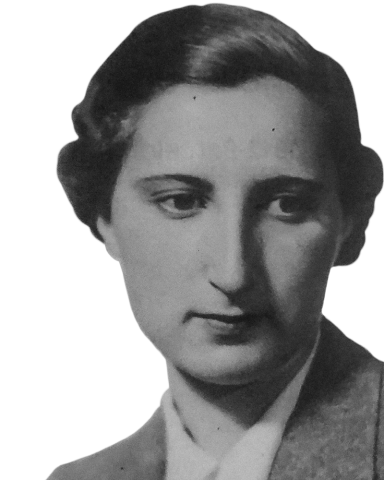
Rosl Heilbrunner
Surviving the Holocaust under a new identity: Throughout the first years of the Francoist Regime, in the shadow of persecution at the hands of the Gestapo in Spanish soil, Rosl Heilbrunner, with her husband and sons, tried to save themselves using a new identity.
On 10 May 1912, a blonde-haired, grey-eyed girl named Rosl Heilbrunner was born in Freiburg, the capital of the Black Forest. She was the first child of Eduard and Lina Heilbrunner, two fully assimilated German Jews who ran a business selling and distributing raw materials. Rosl had a happy childhood, surrounded and loved by her family. Years later, with a smile on her face, she would recall her time at primary school, frequent trips to Feldberg to practise one of her passions, skiing, and fun visits to her maternal grandparents, the Levi family, who lived in Altdorf. After completing her secondary education at the Höhere Töchterschule, she enrolled at the prestigious Freiburg Business School, where she studied international secretarial studies. In 1930, she became assistant to Norbert Wolf, a distinguished lawyer working for the public prosecutor's office in Freiburg. She had everything she needed, life was kind to her.
But, in January 1933, with the rise of the Nazis, her hopes were shattered. In May, her boss, Norbert Wolf, a Jew like her, was sacked. At that point, encouraged by her parents, she decided to move to Spain. She would never see them again. After passing through León and Madrid, she settled in Barcelona in early 1935. There she met her future husband, Kurt Sontheimer, a German Jew who had settled in the city in 1929. Months later, in July 1936, the Spanish Civil War broke out. By then, the situation for Jews in Freiburg became increasingly complicated. From 1938, a large number of laws and decrees began to regulate the theft of Jewish property, creating a legal framework for looting. In a letter from Freiburg, Lina tells Rosl that they have been forced to close the family business.
On 26 January 1939, Franco's troops invaded Barcelona, occupied the city and set up a new regime. From that moment on, the Jewish refugees still living in the city began to feel the pressure. Under the surveillance of Franco's police, who worked in collaboration with the Gestapo, they tried to remain unnoticed. Many, most of them stateless, were arrested and sent to Franco's concentration camps. Kurt was summoned twice to the German consulate in Barcelona, but he never went. Several Jewish acquaintances were deported to the border after responding to the call.
On 11 May, the new law on border crossings, signed by Minister Gómez Jordana, was passed, preventing Jews from crossing the border without a permit. In this context of extreme uncertainty, on 18 August 1939, the Sontheimers, aware of what was to come and with the pressing fear of being arrested and handed over to the Gestapo, began the process of converting to Catholicism. They were not alone; many Jewish families, some of them well-known members of the local bourgeoisie, did the same. Just over a year later, on 23 October 1940, the same day that Franco met Hitler in Hendaye, the final destruction of Jewish life in Freiburg took place.
The last Jewish inhabitants of the town were deported to the Gurs concentration camp in south-west France, including Rosl's parents, Lina and Eduard. From then on, written correspondence between Rosl and her parents increased. Rosl's goal, which was nothing less than to save her parents from the clutches of Nazism, became an obsession. Hundreds of heartbreaking and fruitless letters piled up in her home in Barcelona. In 1942, after two years of unsuccessful attempts, Rosl's parents were deported to Drancy and from there to Auschwitz. In 1943, still haunted by the pain, Kurt and Rosl had their first child, three years later, their second child, Dory Sontheimer, was born.
Growing up in Franco's Spain, Dory did not learn of her Jewish origins until she was eighteen, when her parents, still fearful, finally revealed her background. But it was not until 2002, after Rosl's death, that Dory discovered the family's terrible past in the attic of her mother's room. What she found was a detailed account of the suffering her grandparents endured while trying to escape the Nazi regime. She also discovered that for decades her parents had carried an invisible, heavy burden of fear and helplessness that spoke of their Jewish past, a past they had hidden in order to survive. While Rosl carried this weight on her shoulders, they went on living, clinging to their new identity, playing bridge with their friends, going to mass on Sundays, enjoying the musical evenings at the Palau de la Música and the summers in Sant Feliu de Guíxols. Years later, in her old age, victim of irreversible dementia, this fear came to the surface, and with it, her hidden identity.
